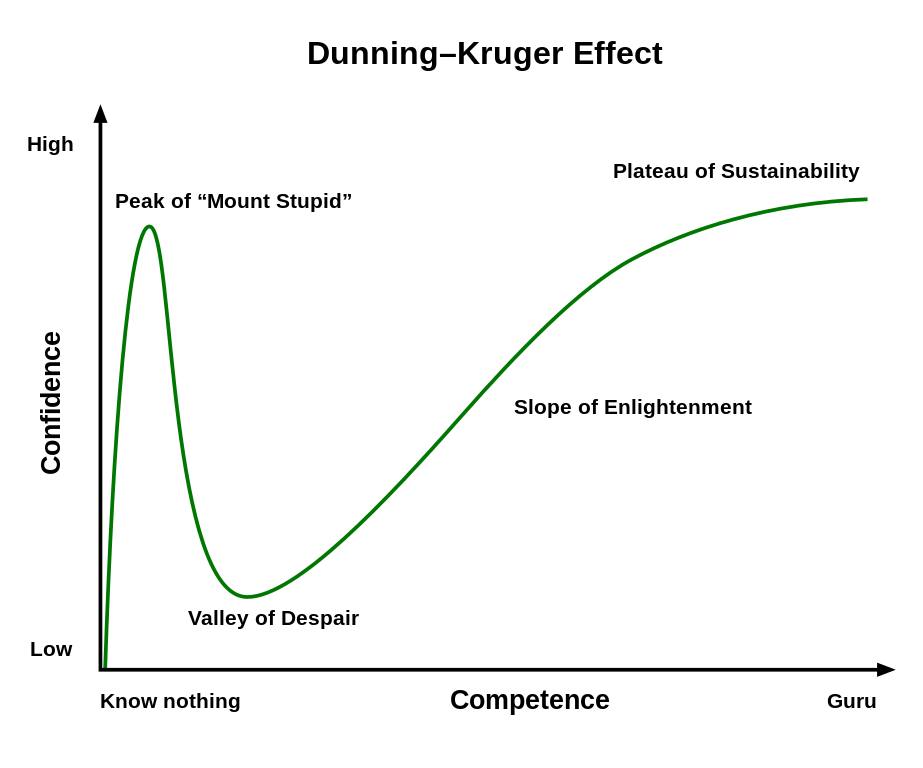I disagree. Given that our solar photovoltaic system overproduces energy relative to our home car charging (almost 100% of our charging) I believe I can claim that our cars are solar powered. After an "offset" period, to cover production emissions, we get to point where we are emission free. On top of that, the cars have proven to be almost maintenance free as well. I don't miss the gas station or oil changes one bit.
This is one of those things that appears to be true, so it is widely accepted. But if you peel the onion back a layer, you can see the fallacy in it.
Here's the disconnect - your solar panels don't exist in a vacuum, you need to look at the larger picture. If they were not charging your EV, they would be feeding the grid. For simplicity of the illustration, let's say your average monthly solar kWh production is equal to your average monthly EV kWh usage. So they net out. Fine. Let's just call that 1 unit of electrical energy.
So let's analyze the scenarios where you have your panels w/o the EV, and the EV w/o the panels.
Scenario 1: You installed the panels before you bought the EV. You are sending 1 unit of energy to the grid each month. The fossil fuel plants on that grid run a little less. OK, that's good.
A few months later, you buy the EV. Now you use all the solar you produce. The grid doesn't run less than before you installed the panels. So whatever fossil fuel savings the grid experienced is gone, it is back to before panels & EV. In effect, the EV is running on fossil fuel.
Scenario 2: You buy the EV before you installed the panels. You are drawing 1 extra unit of energy from the grid each month. The fossil fuel plants on that grid run a little more to power your EV. The EV is running on fossil fuel.
A few months later, you add the panels. You now have offset your demand, the grid is back to where it was before you added panels & EV. The panels saved the fossil fuel, not your EV.
So the analysis is:
A) Solar panels reduce fossil fuel use on the grid.
B) EVs increase fossil fuel use on the grid.
There really is no connection that one works with the other. They each do their thing.
Since I can have solar panels and drive a non-EV, what it boils down to is, does an EV, powered by fossil fuel on the grid (the only real source we have for extra demand) really produce less pollution than an ICE/hybrid? And I think since the people involved are considering the environment, the comparison should be to a modern high mpg hybrid, not the "fleet average", like so many comparisons use.
-ERD50

 )
) 